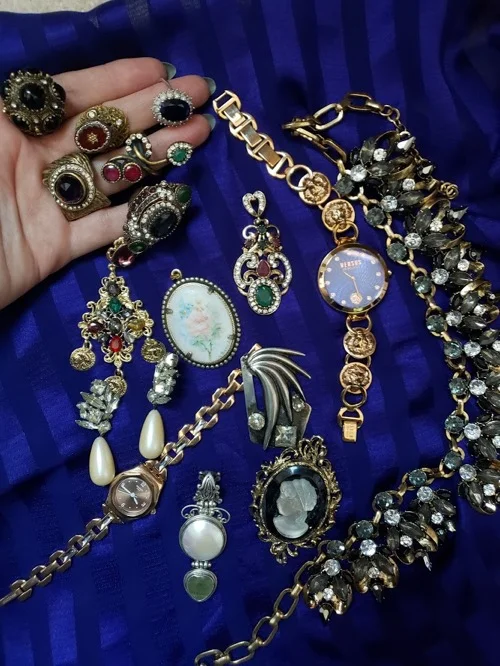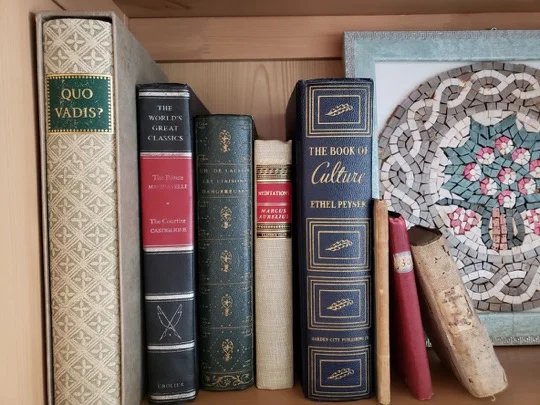Who is Irem Peters?
Irem Peters, born in 1985, was raised in Izmir, Turkey. She characterizes her family, including her mother, father and little sister, as middle-class, progressive and Muslim. Although she no longer has many connection with Islam or any other religion, she thinks of herself as spiritual. She identifies as a female, white immigrant living in the U.S. She attended university in Izmir, where she earned her degree in teaching of French. While in university, Irem met her now husband, who was stationed in Turkey with the U.S. Air Force. After graduating from school, they spent a few years apart before eventually getting married. Once married, Irem and her husband moved around as his career required, going to Albuquerque, New Mexico, then back to Turkey, and finally to Cheyenne, Wyoming, where they currently reside. Along the way, Irem had a baby boy and earned her master's degree in psychology. She now teaches psychology at Laramie County Community College (LCCC). Irem is one of the organizers of the Cheyenne International Club, a Cheyenne-based group of foreigners and Americans who want to learn more about different cultures. As an education professional working in the field of psychology, she is interested in observing cultural differences; this was among the reasons why she accepted the invitation to join the Facing Whitenes project.
Excerpt from interview with Irem Peters by Samuel Lutzker, 2018
Q: How do you see your identity? Like not just racially but what are the real parts of your identity that you really—that come to mind that are like the most important big chunks of it?
Peters: [00:54:12] Well, first of all I identify as an immigrant. I’m still not a citizen. And then when people try to talk about how Turkey looks and how is it in Turkey and stuff, I try to emphasize the parts that a lot of things are different than what they see on news. It’s not like we’re riding on camels and living in our sand castles built in the desert. So that’s what I’m trying to emphasize. Like please don’t come to me with your ignorance. I like curiosity, but if it is mixed with ignorance that’s when I kind of snap.
Q: Are there any situations where you encounter that, curiosity mixed with ignorance or one or the other?
Peters: [00:55:06] That has happened a lot, but ignorance with let’s say naïve intentions, not bad intentions. For example, one person asked me, we were just becoming friends with this girl and one day I remember she put her hand on my knee saying, “So how was it like to grow up in a Muslim country?” Like she was probably thinking that I had a very sad adolescence and probably getting beaten up by my dad and not being allowed out of the house. I think that’s probably what she had in her mind. But the thing is I probably did more crazy stuff than she did when she was in my age. So I just do not like it when people—oh, in another case one person asked me, “So I heard when military goes to Turkey they go through this orientation telling that Turkish people steal their stuff.” I mean I just, I couldn’t find anything to say at the moment. Like my jaw dropped and I was like, “You know what, that’s a tradition in Izmir. We actually go around stealing American people’s stuff.” Like what do you expect me to say? “We’re all thieves, sorry.”
Q: How did you react then?
Peters: [00:56:25] No, I just made a joke and then I was like, “Just depends where you live.” You know, theft is a worldwide thing. It happens wherever you go even if you live in the richest neighborhood. I mean it’s just not an Izmir thing, it’s not a Turkish thing. So, that you have to know. Sometimes I’m just so amazed by the ignorance that I just laugh and walk away.
Interview Transcript
Participant-Submitted Photos










